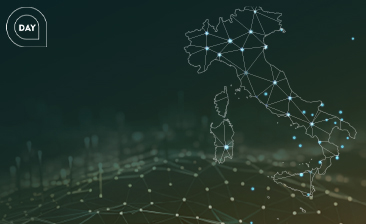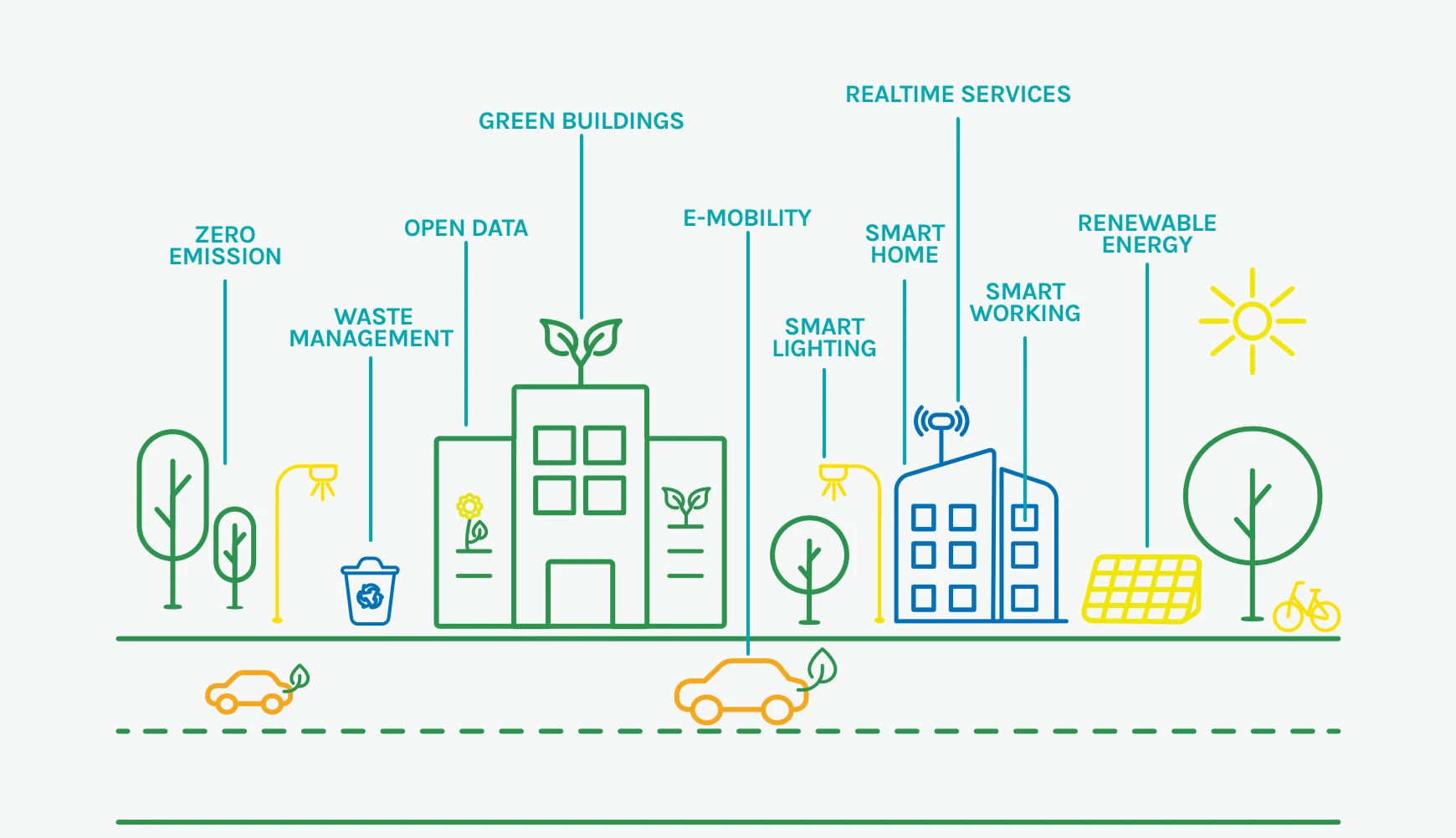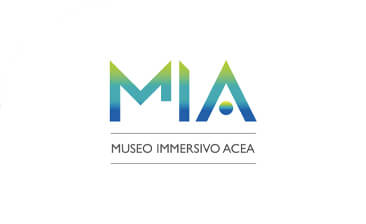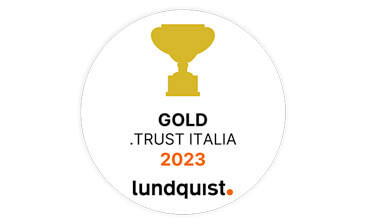
Acea for World Energy Saving Day
If we think of our lives in 2050, we imagine living in smart urban spaces, in a society that manages services in an integrated manner, and in which people’s lives are made easier thanks to the use of digital technology.

The transition process into smart cities started years ago. In 2012, the European Commission launched “Smart Cities and Communities European Innovation Partnership” an initiative aimed at coordinating investments in urban areas and supporting projects involving energy, transport, and Information and Communication Technologies (ICT).
In the last years, the transition towards the smart city has accelerated. In fact, having to carry on with everyday life in a completely new context is paving the way for three main changes.
The new way of conceiving cities looks at supporting lifestyles that encourage socialization and provide a better balance between professional and private life thanks to the combination of the digital instruments available, from Internet access to smarter and more efficient mobility.
In smart cities, with reference to both private and public mobility, everything is more sustainable thanks to an extensive network of electric vehicle charge points. . Acea, for example, is involved in the development of sustainable mobility throughout the national territory.
Neighborhoods as mini-cities interconnected to provide services and access green areas – reachable on foot or using sustainable transport — are the key points to improve the quality of life in urban spaces.
“These elements recall La ville du quart d’heure” created by Carlos Moreno, professor at the Sorbonne University in Paris. A city in which everything can be reached in just 15 minutes, on foot or by bicycle. A city designed around people’s needs, where neighborhoods are autonomous ecosystems in which time is optimized, people enjoy their local communities, and their working and private lives are balanced.
Infrastructure — especially digital and electrical — is what makes constantly evolving cities sustainable and smart.
Acea is directly involved in supporting the energy and digital transition to a more sustainable development model. Its objective is to increase the production of energy from renewable sources with the support of the evolving technology applied to the distribution network, thanks to investments aimed at improving its resilience, and offer increasingly more services to users.
The smart city approach must seek the involvement of all players, taking advantage of the opportunities offered by digitalization and sustainable development.
The involvement of private individuals, companies, start-ups and the general public allows to collect and include ideas and projects with the knowledge that a truly smart city must listen to the voice of all stakeholders, in order to transform the character and livability of its spaces.
Therefore, utilities play an essential role in the transition. With their competences and experience they can intercept new business opportunities, bring together the needs of the different players, and have a concrete impact on communities.
Acea, by investing significantly in sustainability and innovation, aims to actively contribute to the acceleration of the transition to smart cities.
Discover the latest news and initiatives of the Acea Group

Acea for World Energy Saving Day

Visit the virtual museum about the history of the Acea Group

The channel for the commercial requests on land urbanisation

Acea turns the spotlight on the Rome Film Festival 2023

Acea is in the "Gold class" in the .trust research

Read more about our culture of inclusiveness